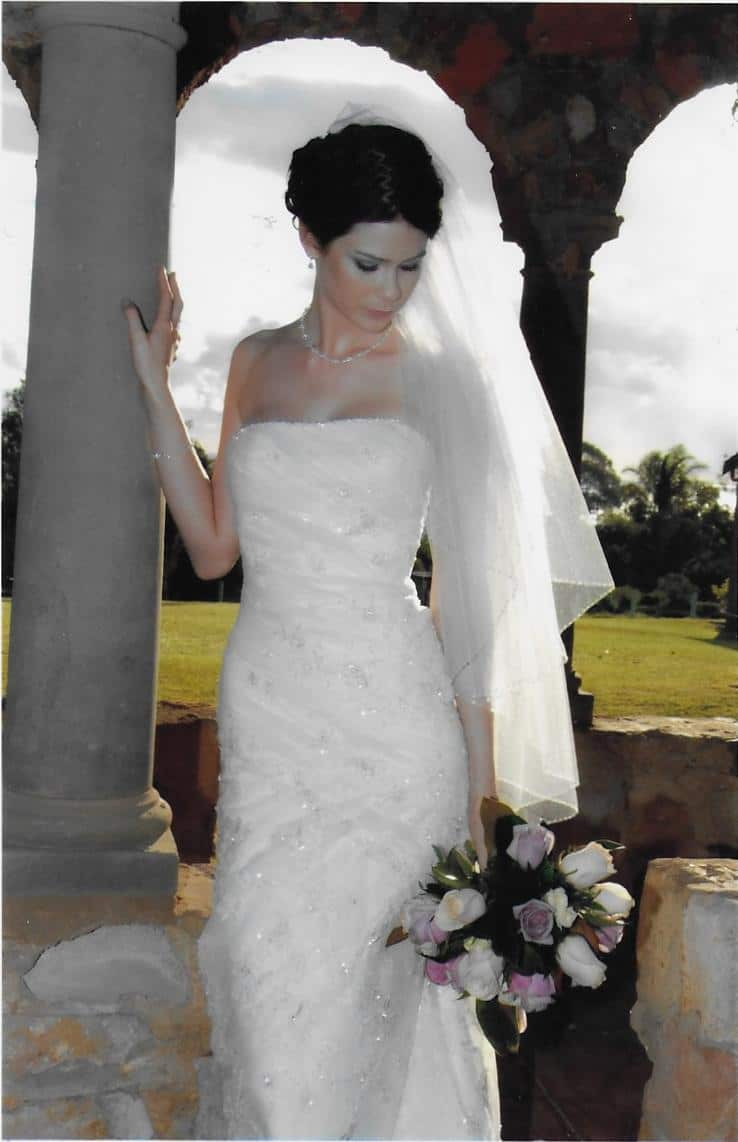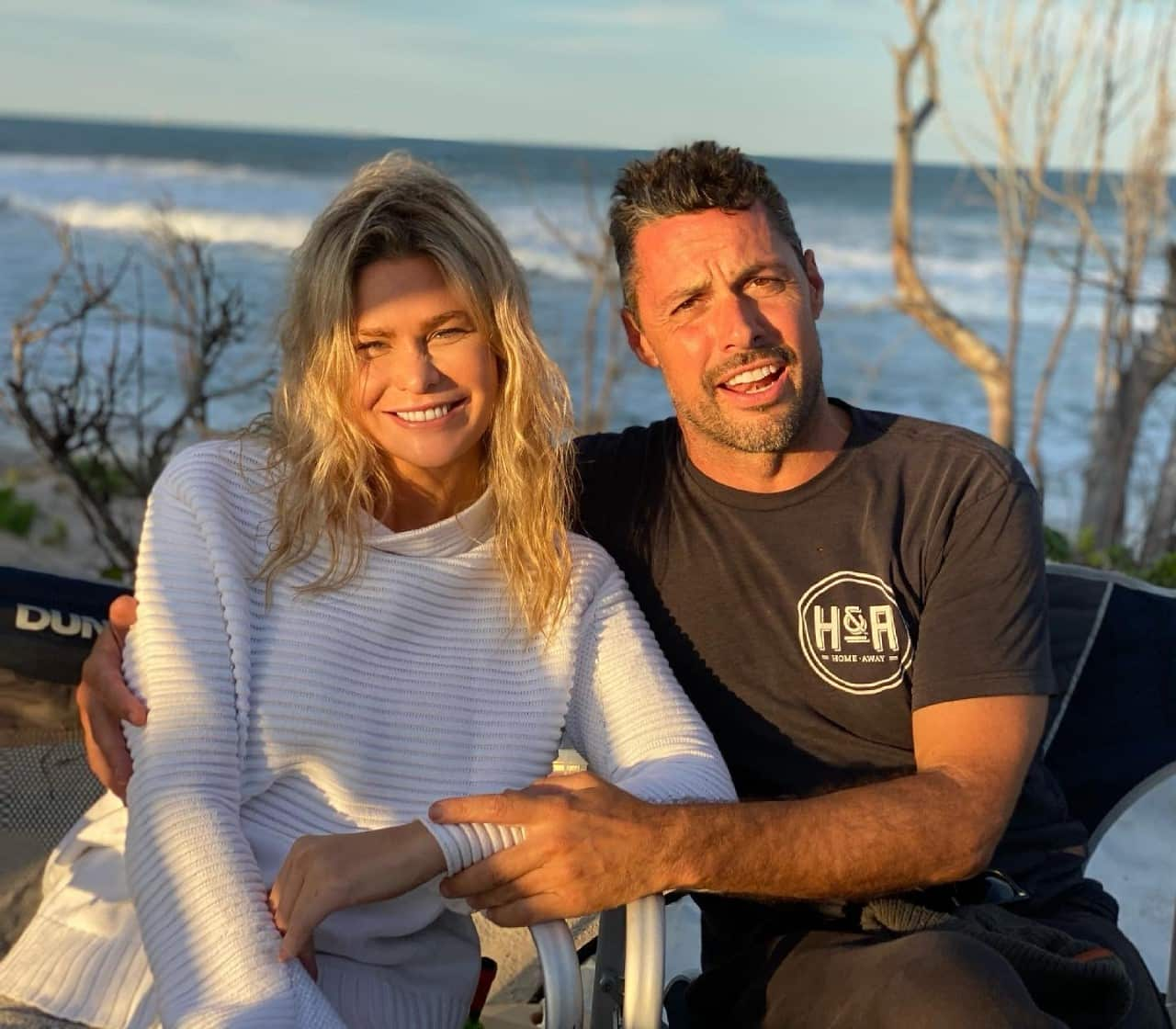I was born into a church that condemned the queer community from the pulpit, in door knocking, and carrying signs on the streets. I knew I liked boys and girls from when I was about seven or eight years old, and my first four kisses were with girls. As a child I suffered intense bouts of sleep paralysis where the intruder hallucination was always a demon, a grim reaper of sorts, wanting to take me to hell for my sexual sins. During the day I often felt as if my stomach would fall out from shame.

I married a man when I was 18-years-old and during the six years we were married I didn’t think about women much - I was in love and felt redeemed. Five years after walking down the aisle we both left the church, and six months after that, I left my husband. There were many harmful doctrines I had to internally negotiate with, including the anti-queer diatribe. I read a lot of philosophy books and studied varying spiritual ideologies. I also experienced many firsts after being subject to a seemingly infinite amount of gratuitous rules - I drank alcohol, streamed a TV show, wore a bikini, went to a bar, travelled extensively, and had sex with a man I wasn’t married to. When I was 25 I was with a woman properly for the first time, and felt no shame. The freedom was intoxicating.
I was broken. I wondered if what I had been told was right, was I dirty and perverse, hypersexual, and without self-respect?
After a few short-lived romances and moving overseas for love, I wound up back in my small hometown, single, and applied to be on The Bachelor.
I lied about one thing in my application. I said that I had never had sex with a woman before. The show was strictly shaped by heteronormative ideals at the time, and I strongly felt that they wouldn’t be accepting of my queerness if I were honest. I also didn’t want my sexual orientation to make the other female contestants feel uncomfortable in the house.

I was the first woman on the Australian Bachelor to say no to a rose. It wasn’t because I didn’t like the guy, or wanted to be with a woman, but because it just didn’t feel right. I formed a relationship with one of the female contestants when I got back from filming. She moved to my home town, and eventually we both moved to Bali together.
The existing problems in our relationship were exacerbated by the reproval of our cast peers, the lack of public acceptance and workplace tolerance, and the media onslaught. We were constantly propositioned for threesomes, asked why we’d go on a show when we were clearly gay, mocked by people we thought were friends, groped, and pulled by arms and waists for photos as if we were things, not people.
By the time Tiffany and I split, I was broken. I wondered if what I had been told was right, was I dirty and perverse, hypersexual, and without self-respect? Suicide ideation became very real. Once again, I was in a position where I had to reason with my own belief system. I spent a lot of time alone, in nature, camping by myself, reading and healing, which I believe really saved me.
I started dating again, which came with more challenges. Men often wanted threesomes, or were jealous and threatened by my sexuality. Many women approached me at bars to win bets with their mates, or to ‘see what it would be like’ to be with a girl. I went on a date with a woman who I had liked for years, only for her to call the paparazzi for her own publicity. I went on a date with a woman who went home with a man. A prominent man in the media rocked up to my hotel room saying he’d help my career if I’d have sex with him. On my second show, Bachelor in Paradise, as I walk in, a female contestant said with confusion and snark, “I thought she was a lesbian”. The edit queerbaits, highlighted some massive issues in queer media representation.
Because of my sexuality, I have had to think a lot more deeply than heterosexual people do about how my behaviour makes other people feel, and how my actions may affect the LGBTIQ+ community. I’ve gotten it wrong many times. The pressure has had a huge effect on how I socialise and who I trust. I feel as if I have been objectified, used as a source of experimentation, and dogmatised often.
I like to think that taking the full-force brunt of biphobia within the media space many years ago, has somehow resulted in less people having to. Since my time on reality TV, I’ve seen many positive transitions into a more accepting and educated population, but we still have a long way to go.
Readers seeking support with mental health can contact Lifeline's 24-hour telephone crisis line 13 11 14 or Beyond Blue on 1300 22 4636. More information is available at Beyond Blue.org.au. Embrace Multicultural Mental Health supports people from culturally and linguistically diverse backgrounds.
Insight is Australia's leading forum for debate and powerful first-person stories offering a unique perspective on the way we live. Read more about Insight
Have a story or comment? Contact Us


